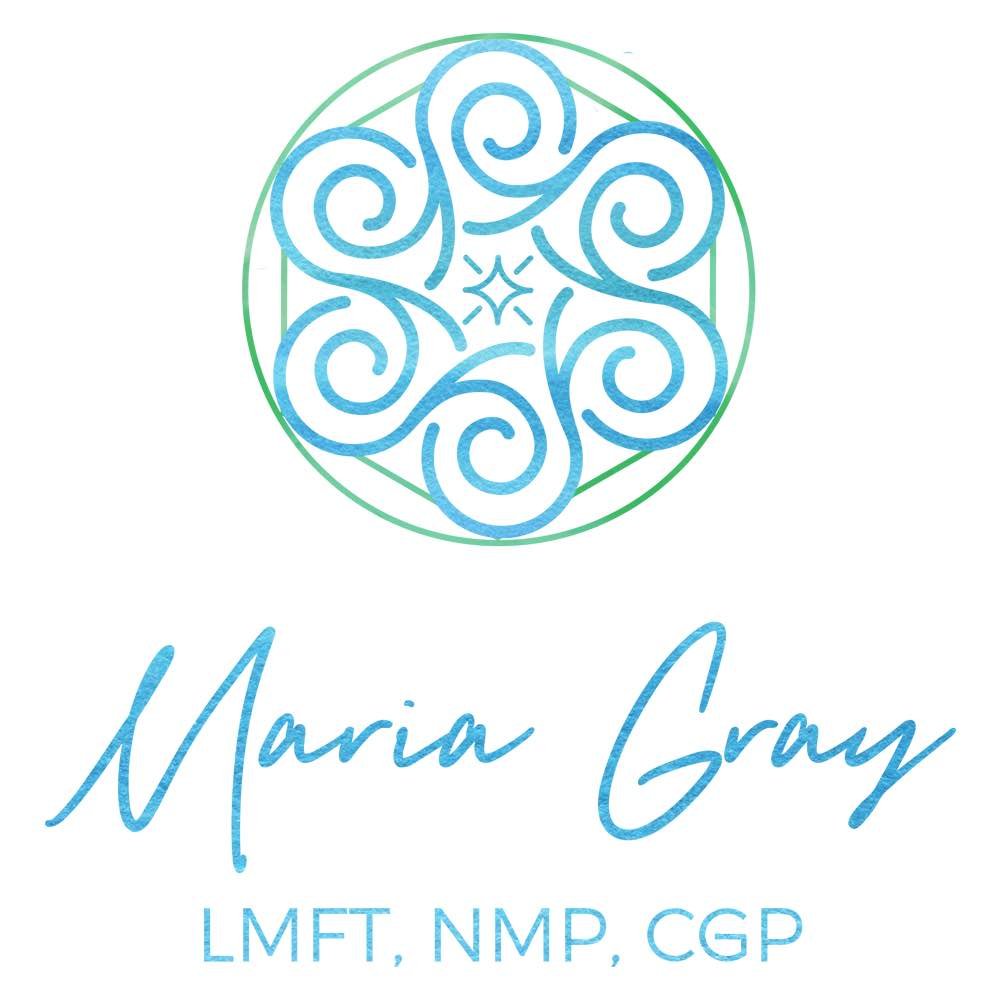Re-Learning Our ABCS
Have you ever noticed that sometimes it feels easier to stand up to other people than it is to stand up to ourselves? If a coworker said "you will never get that promotion because you are just not qualified, in fact, I think you are a slacker". You might respond by saying “I am not a slacker, I work really hard and I have the highest customer service ratings in the department." When we engage in negative thinking, we often fail to defend ourselves.
Dr. Martin Seligman, the founder of Positive Psychology, suggests we first recognize our own thoughts as being pessimistic or negative and then treat those thoughts as if they were being spoken by another person. The technique helps us to separate ourselves from our own negative thinking which is often referred to as "the committee" in 12 Step programs. Dr. Martin Seligman calls this technique the ABCDE model.
A is for adversity, B stands for the beliefs you automatically have when a pessimistic thought occurs, C is for the usual consequences of the belief, D stands for the process of disputing the routine belief and E is for the sense of “energization” that occurs after successfully disputing the belief. Seligman's theory is that by employing the process of disputing the belief after adversity; we can shift our reaction from pessimism and giving up to one of action and good cheer.
Let's take an example- You are on the way home and you notice the "check engine light" has come on in your car (A for adversity). You begin thinking, "it's always $500 when I have to get my car fixed, this is probably a big problem and I am going to go broke." (B for automatic beliefs). Next you start worrying about money and feeling anxious (C for the consequences if the belief). You decide to dispute the belief (D for dispute) “Maybe it is something minor, I will wait and see what the mechanic says”. You calm down a bit and take some deep breaths, maybe you feel a little less anxious (E for the sense of “energization” that occurs after disputing the belief). The next time you catch yourself thinking pessimistic thoughts, try the ABCDE model and see what happens.

